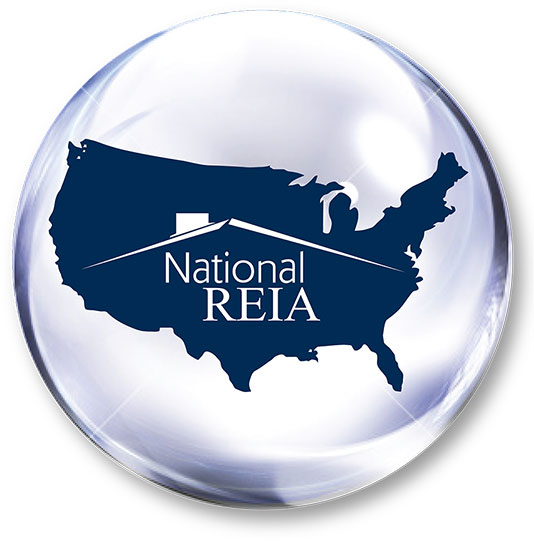By John McKeon
McKeon Financial has access to alternative investments many large brokerage firms cannot or do not offer because these choices do not fit their “investment model”, of stocks and bonds.
Distribution Theory vs. Accumulation Theory: McKeon Financial clients, many of whom are retired or approaching retirement, as well as the Charitable Organizations who have invested with us, face the same basic problem: needing to fund multi-decade obligations without running out of money. Retirement income planning is all about “distribution theory”. As best as they are able to, our clients need to minimize volatility, preserve their principal, generate monthly income and grow their portfolio to protect against inflation.
Uniqueness: Our investment approach at McKeon Financial is much more similar to that of the Harvard and Yale Endowment Funds than that of the traditional equity investor, who typically would invest in a passively managed 60/40 split of stock and bond mutual funds, hoping that the market will only go up.
A significant difference that separates McKeon Financial from other advisers is that we have access to numerous investment opportunities that many large brokerage firms cannot or do not offer, or which do not fit their “investment model.” There are few financial planners who have access to some of these non-stock market investments (maybe 2-5%), and far fewer who specialize in these investments (less than 1%). We decided a long time ago to differentiate ourselves from most other financial planners, and also to work in areas that the individual investor is largely unable to duplicate for themselves.
Our Investment Approach: To accomplish these goals, McKeon Financial invests in areas beyond just “buy-and-hold” investing in stocks and mutual funds, or “accumulation theory.” While we do have investments in the market in both passively and actively/defensively accounts, we are most known for our differences. When appropriate, we might consider investments in the following areas:
Direct Investments - Relatively Illiquid: First, depending on a client’s suitability, we might invest some of our client's assets in a portfolio of non-traditional, direct investments that do not trade on the stock market, the majority of which are real estate investments. Additional investment types include business development companies, equipment leasing and oil and gas drilling and royalties funds, often with the primary objective to generate consistent income.
All investments involve risk. The most important risk with these investments is that they are not very liquid, so while they may be suitable for some investors in appropriate amounts, they are not the best option for everyone.
Suitability: On one end of the spectrum, for “accredited clients” (those with a net worth of one million dollars or more, separate from their primary residence) we have investments available that have minimums of $20,000 to $100,000.
In the middle of the spectrum, for clients either with combined household income greater than $70,000 and with investable assets greater than $70,000, or with investable assets greater than $250,000, we have available a number of Publicly Registered, non-stock market traded Real Estate Investment Trusts (REITs) and Business Development Companies (BDCs), among other investment options. Minimums vary between $2,500 and $5,000.
Non-traded Real Estate Investment Trusts (REITs): will typically raise anywhere from a few hundred million dollars to several billion dollars of commercial real estate equity (in some offerings commercial mortgages) over a period typically of one to three years. They will receive income from rents, leases (and in some offerings mortgage payments) and potentially pay out 90% of what is received typically as monthly distributions. They aim to operate for several years and ultimately seek a liquidity event, such as a sale to an institutional investor like a pension fund, or a sale to a stock market traded REIT, among other options available. Note: investments in real estate do have various risks including lack of liquidity and devaluation based on adverse economic and regulatory changes. Additionally, investments in real estate will fluctuate with the value of the underlying properties and your investment may be worth more or less than the original purchase price when redeemed.
Interval Funds (similar in concept to a Real Estate Mutual Fund with only some of its assets in the Market)– Providing Quarterly Liquidity: On the other end of the spectrum, we have real estate investments called “Interval Funds”, since liquidity is available on a quarterly basis, that nearly anyone can do with minimums as low as $2,500. These funds are primarily invested in institutional, non-stock market real estate funds that are not available to most investors, with a small amount invested in stock market traded Real Estate Investment Trusts (REITs) to provide the quarterly liquidity. Because they are much more liquid than the non-traded investments, these funds have no investor minimum income & asset requirements and no age limitations.
About the author...
John McKeon has helped his clients at McKeon Financial invest in numerous non-stock market investments thru the years. A 21-year career in financial services & insurance was preceded by his service as an Officer in the Naval Submarine Service and graduation from the US Naval Academy. McKeon Financial’s website is www.mckeonfinancial.com and their office number is 360-6652-4244.
“REAPS is the oldest – and largest - Professional Association for the real estate investor this side of the Mississippi. We provide education and networking resources for real estate investors, those who want to be investors and anyone who provides value to our members. Our goals are to motivate and support our members and guests through education, discussion, legislative action, and networking. We host over 40 live events a year around Puget Sound and they are all open to the public. If you've never attended one of our meetings, just email our office at [email protected] and be our guest for free!"


